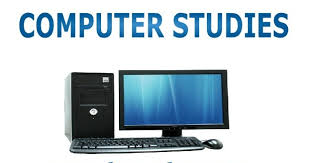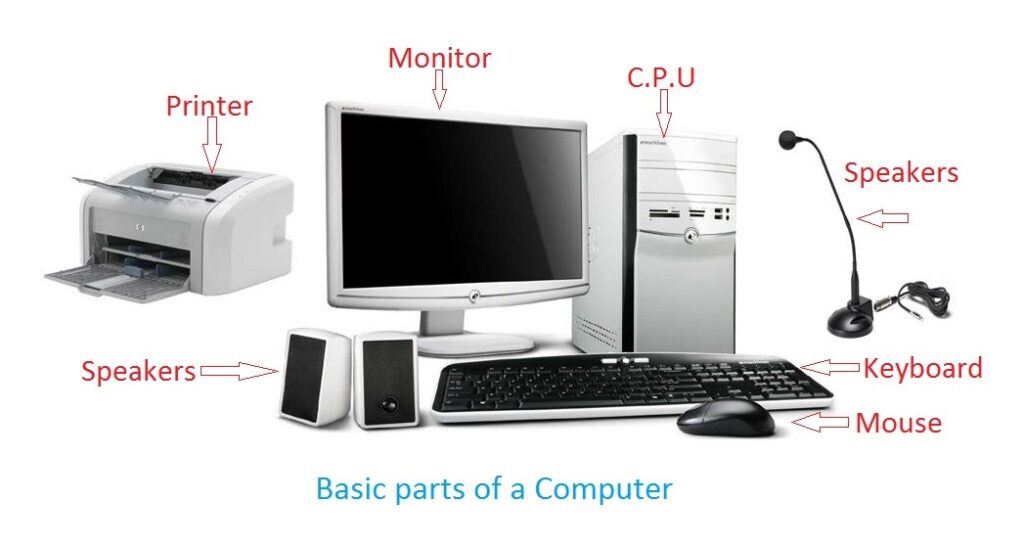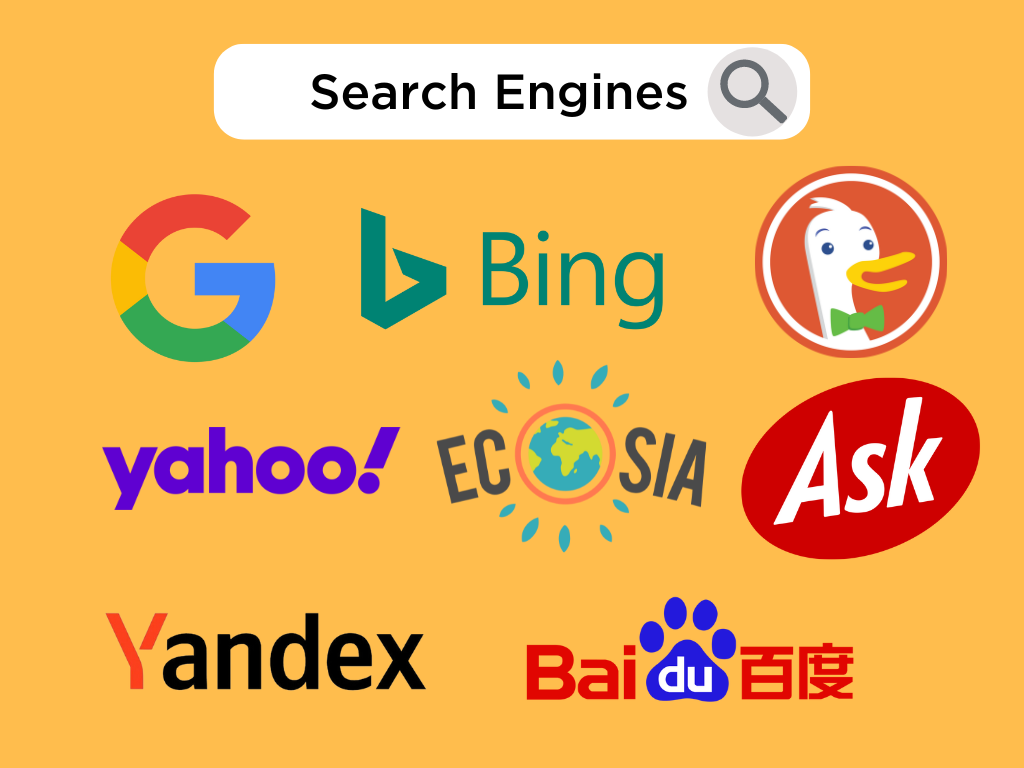Types of Computers
Application, Examples & Images
August 26, 2025, by W-Technologies
What is a Computer?
A computer is a digital electronic device that takes data from the user and converts the data into meaningful information. It automatically carries the function through a sequence of arithmetic or logical operations (calculations).
From personal computers to laptops to tablets, there is a computer out there for everyone. In today’s technology-driven era, computers have become essential tools, seamlessly integrating into every aspect of our lives.
Based on Size & Usage
- Supercomputer
- Mainframe computer
- Minicomputer
- Workstation
- PC (Personal Computer)
- Servers
- Embedded Systems
Based on Data Handling
- Analogue Computer
- Digital Computer
- Hybrid Computer
Supercomputer
The biggest and fastest computers in terms of speed of processing data. They are designed to handle large amounts of data, processing trillions of instructions in one second.
Key Characteristics
- Data processing speed is very fast
- Can perform up to ten trillion calculations per second
- Consists of thousands of interconnected processors
- Very expensive to build and maintain
Applications
- Weather forecasting and climate modeling
- Oil and gas exploration
- Molecular modeling and drug research
- Nuclear fusion research
- Aerodynamics and car design
- Cryptanalysis and security
Mainframe Computer
Not as large as supercomputers but have higher processing power than minicomputers, servers, workstations, and personal computers. Designed to support hundreds or thousands of users simultaneously.
Key Characteristics
- High storage capacity and great performance
- Can process huge amounts of data quickly
- Runs smoothly for long periods
- Long lifespan and reliability
Applications
- Banking and financial services
- Telecommunications
- Large-scale data processing
- Enterprise resource planning
Minicomputer
A medium-size multiprocessing computer with two or more processors. Supports up to 200 users at a time. Smaller than mainframes but larger than microcomputers.
Key Characteristics
- Low weight and portable
- Less expensive than mainframes
- Faster than workstations
- Multiple processor support
Applications
- Billing and accounting systems
- Inventory management
- Process control
- Small to medium business operations
Workstation
Special-purpose computer systems designed for technical or scientific applications. Features fast microprocessors, large RAM, and high-speed graphics adapters.
Key Characteristics
- Exclusively designed for complex tasks
- Large storage capacity and better graphics
- More powerful CPU compared to PCs
- Often certified for specific applications
Applications
- CAD/CAM software (AutoCAD)
- 3D modeling and animation
- Scientific research and simulation
- Video editing and production
Personal Computer (PC)
Multi-purpose microcomputers designed for individual use. Price, capacity, and size make them feasible for personal use without needing experts or technicians.
Key Characteristics
- Relatively cheaper than other computers
- Designed for personal/individual use
- Easy to use and maintain
- Smallest in size
Examples & Applications
- Desktop computers
- Laptop computers (notebooks)
- Office work and productivity
- Entertainment and gaming
- Education and learning
Digital Computer
Electronic computers that process data in binary format (0s and 1s). All modern computers like smartphones, laptops, and desktops are digital computers.
Key Characteristics
- Processes binary data (0s and 1s)
- High accuracy and precision
- Can store and retrieve data
- Programmable and versatile
Examples
- Smartphones and tablets
- Laptops and desktop computers
- Gaming consoles
- Digital cameras and devices
Analogue Computer
Specifically designed to process continuous analogue data that changes continuously and cannot have discrete values like speed, temperature, and pressure.
Key Characteristics
- Processes continuous data
- Provides approximate values
- Direct input from measuring instruments
- Real-time processing capability
Examples
- Speedometers in vehicles
- Mercury thermometers
- Pressure gauges
- Seismograph machines
Hybrid Computer
Combination of both analogue and digital computers, exhibiting characteristics of both types. Fast like analogue computers with memory and accuracy like digital computers.
Key Characteristics
- Combines analogue and digital features
- Processes both continuous and discrete data
- Converts analogue signals to digital form
- High speed and accuracy
Examples
- Petrol pump fuel meters
- Medical monitoring systems
- Industrial process control
- Flight simulation systems



